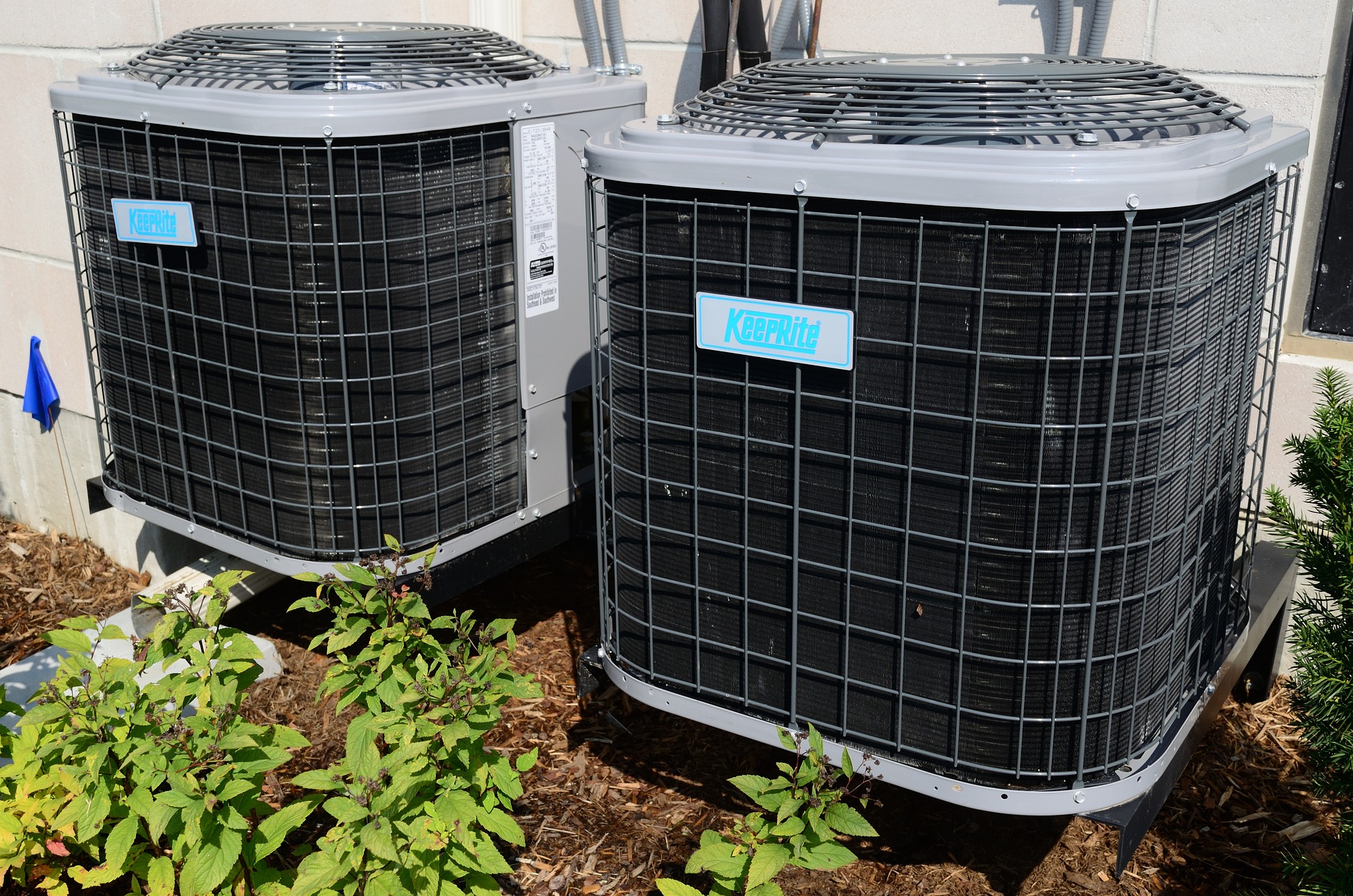Understanding Air Conditioning Systems: A Comprehensive Guide
Air conditioning systems have become an integral part of modern life, providing comfort in homes, offices, and various other settings. This article delves into the world of air conditioning, exploring different types of systems, their components, and key considerations for optimal performance.

What is a Chiller System in Air Conditioning?
A chiller system is a crucial component in large-scale air conditioning setups, commonly found in commercial and industrial buildings. This system works by removing heat from a liquid (usually water) through a vapor-compression or absorption refrigeration cycle. The cooled liquid is then circulated through a heat exchanger to cool and dehumidify air in the building.
Chiller systems are highly efficient for cooling large spaces and offer several advantages:
-
Centralized cooling for multiple zones
-
Ability to handle high cooling loads
-
Improved energy efficiency in large-scale applications
-
Flexibility in temperature control for different areas
How Does a Refrigeration System Differ from Air Conditioning?
While both refrigeration and air conditioning systems use similar principles to remove heat, they serve different purposes. Refrigeration systems are designed to cool spaces to lower temperatures than typical air conditioning systems, often below freezing point. They are commonly used in:
-
Food storage and preservation
-
Industrial processes
-
Medical and scientific applications
Air conditioning systems, on the other hand, focus on maintaining comfortable temperatures and humidity levels in living and working spaces. They typically operate within a narrower temperature range and include features for air filtration and circulation.
What Components Make Up an Air Conditioning System?
An air conditioning system consists of several key components working together to cool and dehumidify air:
-
Compressor: The heart of the system, compressing refrigerant gas
-
Condenser: Releases heat from the refrigerant to the outside air
-
Evaporator: Absorbs heat from indoor air, cooling it in the process
-
Expansion valve: Regulates refrigerant flow and pressure
-
Thermostat: Controls the system based on temperature settings
-
Air handler: Circulates cooled air throughout the space
Understanding these components can help in troubleshooting issues and maintaining the system’s efficiency.
Split System Air Conditioner vs. Heat Pump: What’s the Difference?
Split system air conditioners and heat pumps are both popular choices for residential cooling, but they have some key differences:
Split System Air Conditioner:
-
Designed primarily for cooling
-
Consists of an outdoor unit (compressor and condenser) and an indoor unit (evaporator)
-
More efficient in hot climates
-
Often paired with a separate heating system
Heat Pump:
-
Can both cool and heat a space by reversing the refrigeration cycle
-
More energy-efficient for heating in moderate climates
-
Higher initial cost but potentially lower operating costs
-
All-in-one solution for year-round climate control
The choice between these systems often depends on climate, energy costs, and specific cooling and heating needs.
What to Expect During an HVAC Service Call?
Regular HVAC service calls are essential for maintaining the efficiency and longevity of your air conditioning system. During a typical service call, a technician will:
-
Inspect the entire system for signs of wear or damage
-
Clean or replace air filters
-
Check refrigerant levels and look for leaks
-
Clean the condenser and evaporator coils
-
Test the thermostat and control systems
-
Lubricate moving parts and tighten electrical connections
Regular maintenance can prevent costly breakdowns, improve energy efficiency, and extend the life of your air conditioning system.
| Service | Provider | Cost Estimation |
|---|---|---|
| Annual HVAC Maintenance | Local HVAC Company | £100 - £200 |
| Split System AC Installation | National AC Installer | £1,500 - £3,000 |
| Heat Pump Installation | Energy Efficiency Specialist | £2,500 - £4,500 |
| Chiller System Service (Commercial) | Industrial HVAC Provider | £500 - £2,000+ |
Prices, rates, or cost estimates mentioned in this article are based on the latest available information but may change over time. Independent research is advised before making financial decisions.
Air conditioning systems play a vital role in maintaining comfort and air quality in various settings. From residential split systems to large-scale chiller installations, understanding the different types of systems and their components can help in making informed decisions about installation, maintenance, and upgrades. Regular service and proper care ensure that these systems continue to operate efficiently, providing optimal cooling and comfort for years to come.




